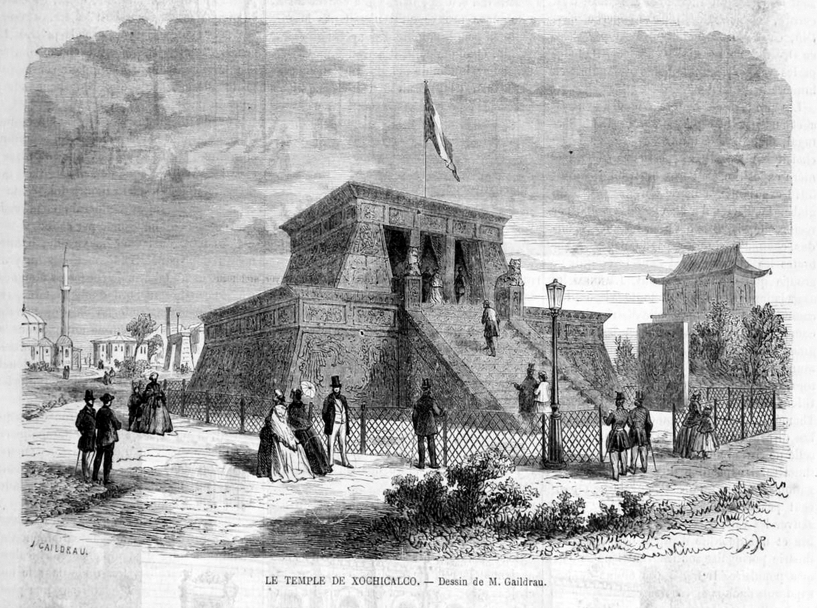Americanism in Paris: French Archaeology and Imperialism in Mexico, 1820–1870
Alexia Zurovec
Advisor: Dr. Julia Guernsey

Abstract
In the 1830s, French scholars initiated what Benjamin Keen termed an “archaeological conquest of Mexico.” Explorers tramped through the country in search of monuments to excavate, manuscripts to decipher, and artifacts to cart home to Europe. Many of these artifacts went on to form the core collection of the Louvre’s musée américain, which opened in 1850 and interred a vast collection of Mexican antiquities within the hallowed walls of France’s national museum. In 1861, Napoleon III invaded Mexico and soon after approved the formation of the Commission Scientifique du Mexique, a cohort of scholars whose archaeological division sought to exploit the country’s cultural patrimony in the same way the invading army was exploiting its current population and natural resources.
Scholarship on French Americanism has largely focused on the latter quarter of the 19th century when the discipline had reached a certain maturity in terms of its organization and methodology. This thesis instead explores these earlier moments in its history in order to investigate how the scholarly activity undertaken on the pre-Hispanic history of Mexico informed and motivated France’s imperial ambitions in that country. It considers the development of archaeological procedure and purpose, the aestheticization–or lack thereof–of American antiquities in Europe, and the relationship between artifact collection and imperial self-fashioning.